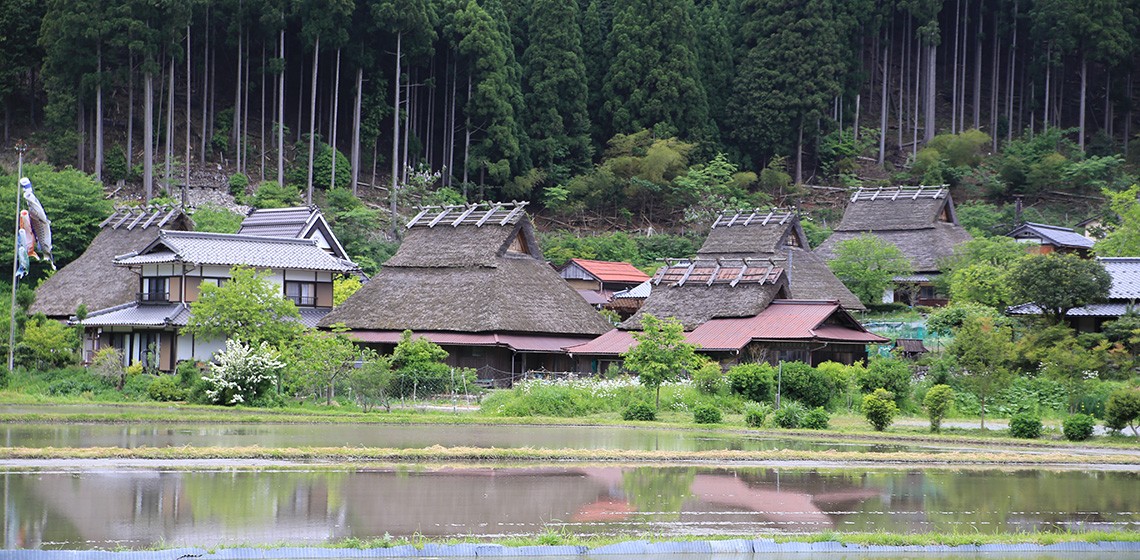
SoundCloud
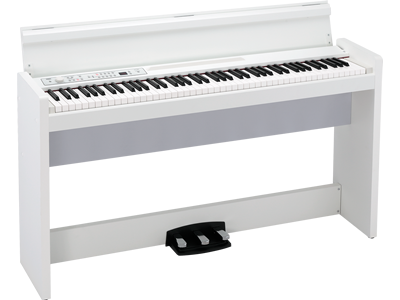
LP-380
DIGITAL PIANO
Support for Your Purchase
Support
Learn More
Premium Japan quality
Why in Miyama, Kyoto?
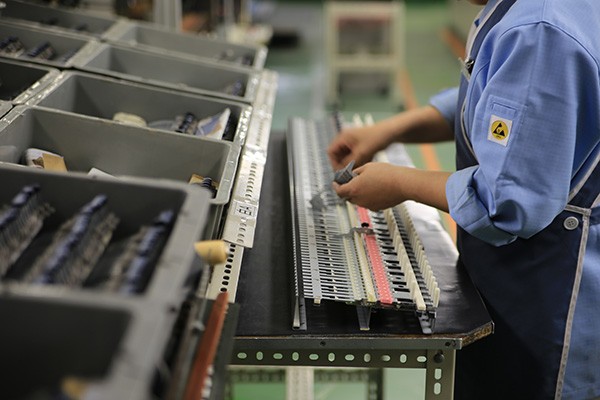
KORG chose Miyama, Kyoto for production of the LP-380 to ensure consumers a high-quality electric piano at an affordable price.
High-performance electronic pianos simply cannot be mass-produced and are made in small lots resulting in superior quality and no waste. Instead of mass production, the best practice is to use the cell production method in which the production line is split into a number of self-contained units. Each team or “cell” is responsible for the steps to complete the product. Because these instruments are made in small numbers, there is a high level of efficiency and teamwork among a group of skilled workers.
The people of Miyama are raised to value human contact and possess a high level of respect for others. It is said that they have a deeply rooted character that reveals itself in whatever they do. This is what enables everyone working in the Miyama factory to pour their hearts into creating these wonderful musical instruments with individual care and affection.
KORG LP-380 MADE IN JAPAN / Ujidenki Industry CO, LTD Miyama Factory Tour
Interview with Mr. Hiroyuki Tokura, Miyama Factory Manager for Ujidenki Industry CO, LTD
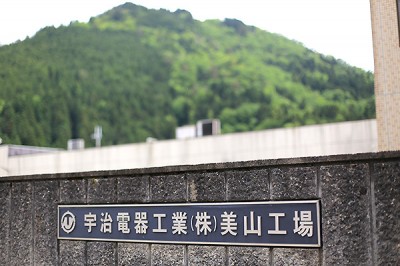
—KORG's involvement in the Ujienki Industry Co, LTD / Miyama factory
The partnership between KORG and the Miyama factory has been strong since September of 2004 with the production of RH-3*. The Miyama factory has been the factory of choice for the LP-350, and since 2013 the LP-380.
RH-3 is our flagship keybed as found on Korg flagship products such as Kronos, SV-1 and LP380.
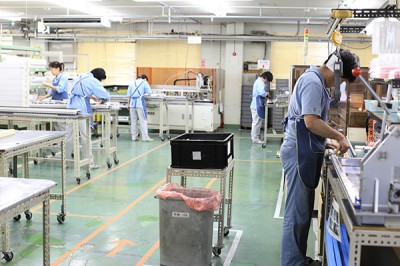
—What is the cell production method?
Cell production means a small number of workers see the unit to completion.
In contrast to the conveyer method which is suitable for high-volume production, the cell method is suitable for low-volume production of multiple models because a small numbers of workers take responsibility all the way to completion.
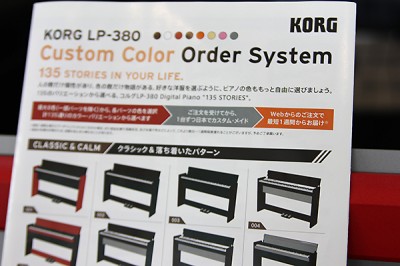
—LP-380 custom color orders
* This service is limited to Japan.
This is an order system that creates a piano of the desired color.
Due to the efficiency of the cell production method, the factory has the capacity to fulfill 135 variations of custom color orders in as little as three days. The parts are gathered and assembled when the order is received.
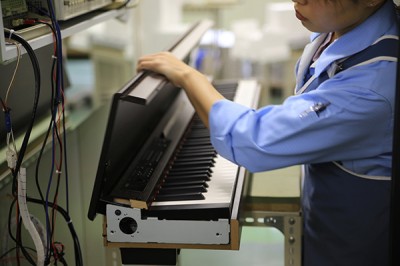
—Insisting on MADE IN JAPAN quality
The MADE IN JAPAN label reflects the workers' commitment to making a quality product. Each step is entrusted to a certified expert. Although numerical values are determined by a measuring device, a human makes the final decisions on aspects that cannot be numerically quantified.
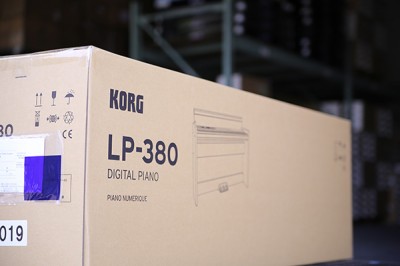
—KORG pianos that we ourselves made
As it passes to the next process, each individual piano carries a label that tells who made it. Putting their heart into each piano, the workers support each other without compromise.
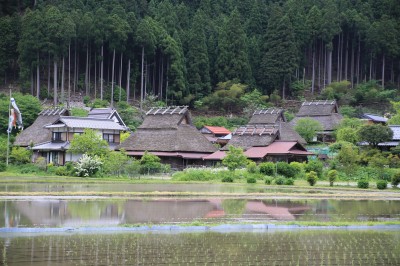
The home of thatch roofs
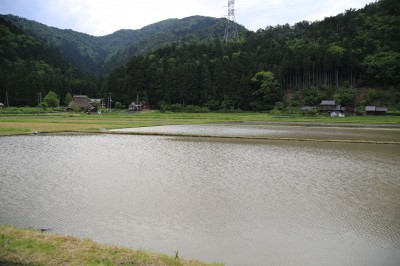
Paddy field
—The region of Miyama-cho
Kyoto is known throughout the world as a place where Japanese traditions are preserved. Miyama-cho is a charming, rural village located near the center of the Kyoto region, and is a town that preserves many aspects of classic old Japan, including heavily thatched houses. With much of its spacious area occupied by forest and the honored Japanese dwellings that remain in this town, Miyama-cho has been designated as a national preservation site. Nurtured by the four seasons that define this region, the honest character of the people is reflected in the things they earnestly create. Blessed by bountiful nature, the region is also noted for delicious foods such as *matsutake and *ayu.
* Matsutake: A type of mushroom. In Japan it is a food that announces the arrival of autumn.
* Ayu: A Japanese river trout that symbolizes early summer.







